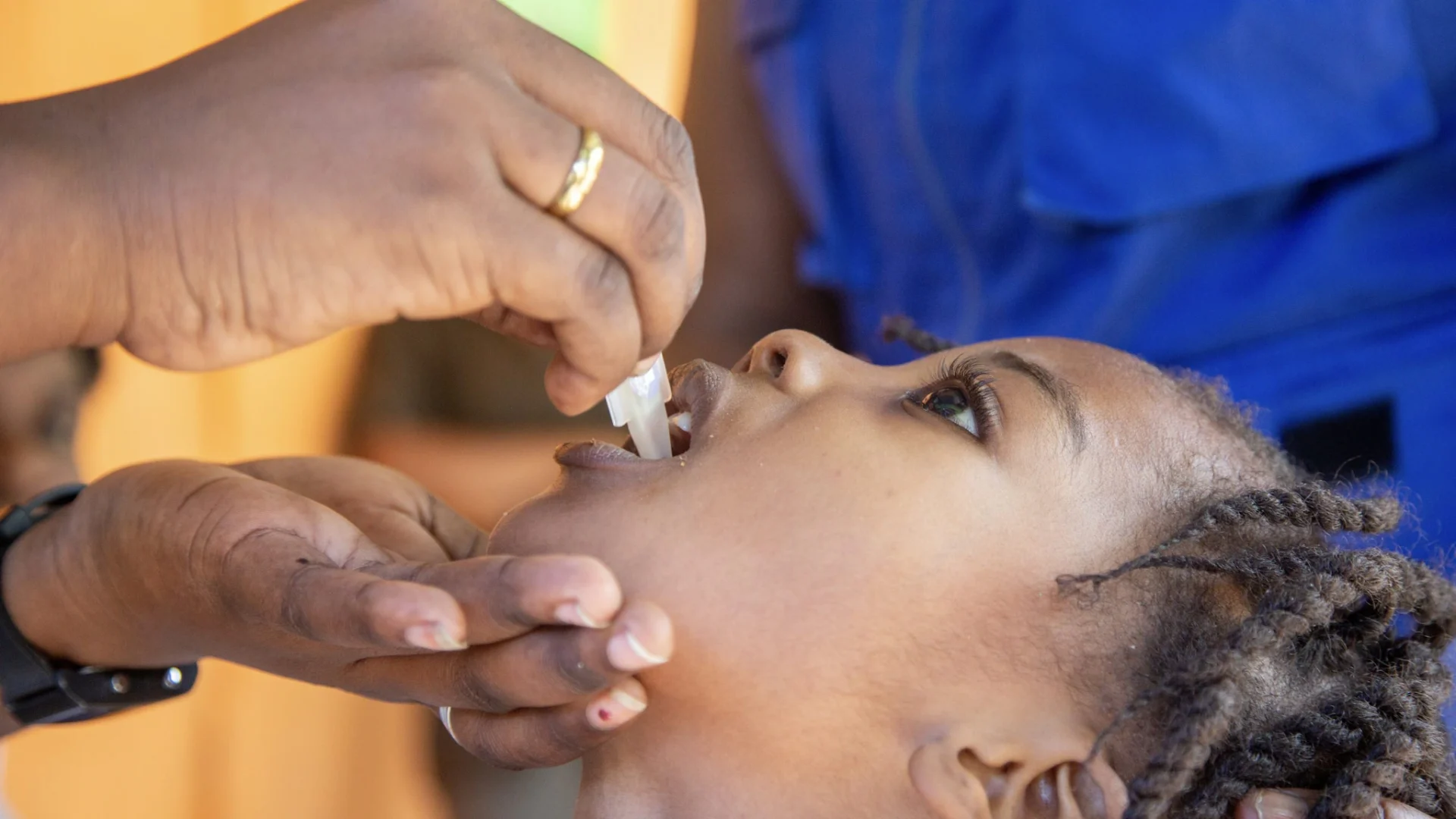The Ministry of Health of South Sudan, with support from the World Health Organization (WHO), has procured over 282,153 doses of oral cholera vaccine (OCV). These vaccines will be used in a mass vaccination campaign targeting cholera transmission hotspots in the country.
The OCV has been supplied by the International Coordinating Group (ICG), which oversees the global stockpile of vaccines for cholera outbreaks. The vaccination campaign will initially focus on Renk and Malakal Counties in Upper Nile State. In the coming days, additional doses will be shipped to support efforts in other affected areas.
UNICEF’s Supply Division, with backing from Gavi, the Vaccine Alliance, procured and delivered the vaccines, which will be deployed strategically in Upper Nile State and other priority locations. This initiative is part of a broader strategy aimed at preventing and addressing cholera, a preventable and severe diarrheal disease, particularly in vulnerable communities.
Honorable Yolanda Awel Deng, Minister of Health for South Sudan, emphasized, “Cholera prevention is a priority in areas that have been prioritized for multisectoral intervention.” The OCV campaigns are seen as a critical step toward safeguarding vulnerable populations and setting the stage for long-term water, sanitation, and hygiene (WASH) interventions.
In light of the country’s humanitarian crisis and limited access to safe drinking water and sanitation, the vaccination efforts will employ a ring vaccination strategy to maximize impact, alongside other key interventions such as enhanced cholera surveillance, patient care, and risk communication.
Dr. Humphrey Karamagi, WHO Representative to South Sudan, noted, “Although cholera is endemic in South Sudan, this time WHO and partners, together with the Ministry of Health, are better prepared to contain the outbreak and reduce transmission through targeted interventions.”
He further explained that these efforts include training rapid response teams (RRTs) at the state level, prepositioning diagnostic test kits and essential supplies, and improving surveillance to facilitate quick responses to suspected and confirmed cholera cases.
Hamida Lasseko, UNICEF Representative, added, “Cholera remains a major health threat, particularly to vulnerable populations such as women and children. UNICEF is working closely with the Ministry of Health and partners to ensure increased access to life-saving vaccines, enhance WASH services, and promote behavioral change to address the root causes of this preventable disease.”
The Ministry of Health will lead the vaccination campaigns in collaboration with WHO, UNICEF, Médecins Sans Frontières (MSF), and other health sector partners.
Cholera continues to be a significant public health challenge in South Sudan. Other African countries such as Ghana are battling cases of cholera.
Since the outbreak was confirmed on 4th October, Ghana has recorded 2,385 suspected cases, 196 confirmed, and 21 deaths.
The Ghana Health Service and partners have procured 150,000 doses of oral cholera vaccines to control the ongoing cholera outbreak. Speaking at the press launch today, Dr. Patrick Kuma-Aboagye urged the public to maintain proper Water, Sanitation, and Hygiene (WASH) standards, drink safe water, and consume hot meals post-vaccination, as the vaccine offers additional protection, not a replacement for preventive measures.
The first phase of the campaign runs from 30th November to 3rd December 2024 and targets individuals aged two years and above in three hotspot sub-districts of Awutu Senya East District: Akwelley, Kasoa North, and Odupong Kpehe.

